Native Americans from the Atlantic to the Pacific and the Arctic to the Tropics were quite cordial and rather kind to guests in the home. Europeans and later Americans noticed certain mannerisms concerning a guest at home that was far beyond their own concept of providing hospitality.
Even after the massive persecution from both Europeans and later Americans the indigenous people of North America were still quite benevolent to each other and even the White Man when it came to having guests in the house.
Here are some very general policies that were common among many Tribes across Native America. One must remember that these are not set in stone and are not laws as there were vast differences among all Native American Nations.
THE ETERNAL COOKING MEAL
Among the Eastern Woodland Peoples it was common to always have a large container of food on or near the lodge fire.

Among the South East Nations a large earthen clay container of hominy (grits) was always available on the fire in a lodge and some dried or smoked meat or fish was also kept nearby.
For many Native American Nations there was no set meal time. Whenever one was hungry they dipped in the containers and had something to eat. This was often referred to as The Eternal Cooking Meal as described by Europeans and later Americans. After White Contact the original containers were replaced with metal trade goods of iron, tin, brass and copper.
Guests were always fed. In fact the normal greeting for guests was not “Hello” or “How are you doing” or even “Good to see you” it was always “Have you eaten?”
Even in the leanest of times it was the duty of the clans/families to do their best to keep The Eternal Cooking Meal. One can easily assume that this was very hard to do in a bitter winter or a very dry summer yet it amazed the White Man that the accumulating, conserving, storage and distribution of food stuffs by Native Americans during very sparse times was nothing more than remarkable.
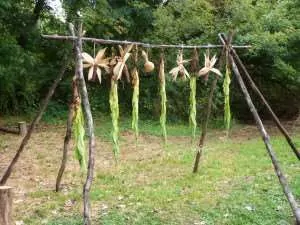
BEING POLITE IN THE LODGE
From the Longhouses and Wigwams of the Northeast to the Adobes of the Southwest and from the temporary Igloos of the Artic to the Open Lodges of the Southeast as well as from the Tipis of the Great Plains to the Cedar Plank Houses of the Northwest, there was a certain accommodating protocol of life in the home of all Native Americans.
This decorum did vary greatly from Nation to Nation and Tribe to Tribe and even Clan to Clan but there was a general set of what one might call “Mutual Consideration” or “Common Courtesy” or just better yet plain old “Civility” and “Good Manners.”
HOST OBLIGATIONS
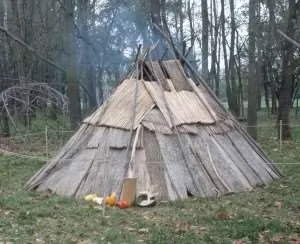
Assume guests are tired, cold, hungry and thirsty.
At no time worry guests with troubles of the host.
By no means sit while Elders stand.
Compliment guests.
Do not trouble or pester guests.
Give thanks to The Creator for company.
Lend help to Elders with entering or leaving the lodge.
Never sit while any guests stand.
Offer guests the places of honor in the lodge and the best food available.
Protect guests as members of the family or clan.
Repay calls of courtesy and do not delay in communication.
GUEST RESPONSIBILITIES
If the lodge door is open one may enter directly but if the door is closed one should announce their presence and wait for the invitation to enter.
Follow the customs of the lodge and not one’s own. Remember to “follow the rules of the house” not necessarily the territory.
Accept any food offered.
Be grateful for any and all offers from the host.
Bestow great respect to the Woman of the lodge as she is the keeper of the flame.
Compliment the host.
Give thanks to The Creator for hospitality.
Never worry host with guest troubles.
Present the host with a gift.
Repay calls of courtesy and do not delay in communication.
GOOD MANNERS FOR ALL
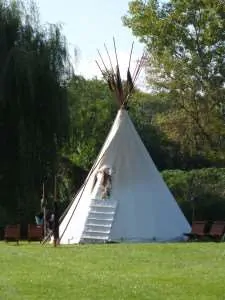
Be humble and show respect to all but grovel to none.
Do not interrupt others speaking.
Do the best not to walk between persons talking.
Keep the fire open and do not block one from the fire.
Let silence be your motto, listen and then speak.
Never stare at others and as you speak keep your eyes low.
Show kindness and humanity and great humility.
Speak softly and with a clear voice.
Talk with others but do not force conversations.
CONCLUSION
Europeans and later some Americans knew of some of the mannerisms above as all cultures have very specific rules of etiquette for being civil. But for various reasons such decent behavior had become lost among the European explorers and later colonists when meeting new and different cultures. Such respect also vanished among the later American colonists and settlers pushing ever more across North America.
Unfortunately assimilation, removal, relocation, and more assimilation of Native Americans created a massive injury to the well-practiced lodge etiquette for all peoples of Native America.
Sad but many of the courtesies of the Native American Culture that was developed over centuries are not always found among Native Americans today. It is not surprising to find The Native American People not treating each other with veneration. In fact the opposite is quite true and one does not need to do a study or research of the phenomenon. All one needs to do is step back and witness the poor treatment and disdain that some Native Peoples have towards each other.
It is for this reason that we must all seek wisdom from Elders and those of proper knowledge and use the most basic of common understanding to be kind to each other regardless of culture and history.
Remember, esteem and reverence starts in the home and is passed on from there to others.

Native American Dreamcatcher Soft And Warm Fleece Blanket
<<Buy Here>>
BIBLIOGRAPHY
Carver, Jonathan. 1778. Travels Through the Interior Parts of North America, In the Years 1766, 1767, 1768. London.
Hudson, Charles. 1976. The Southeastern Indians. University of Tennessee Press.
Lawson, John. 1967. A New Voyage to Carolina. University of North Carolina Press.
Lewis, Meriwether. 1814. (Reprint 1904). History of the Expedition of Captains Lewis and Clark, 1804-5-6. Chicago: A.C. McClurg.
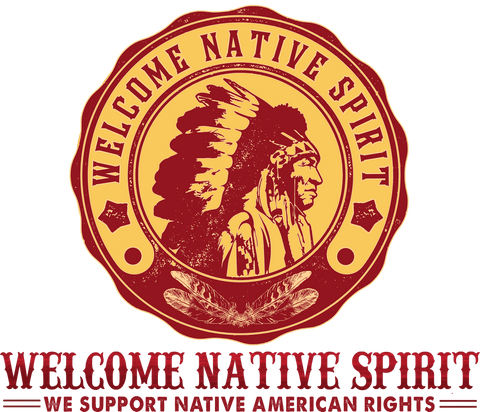



![[Two Sides] Trail of Tears The Deadly Journey Unisex T-Shirt/T-Shirt V-Neck/Hoodie/Sweatshirt](http://welcomenativespirit.com/cdn/shop/files/20_2bae9cf5-c07c-4ea5-a8ea-de74aa71325d_533x.jpg?v=1757466962)
![[Two Sides] Trail of Tears The Deadly Journey Unisex T-Shirt/T-Shirt V-Neck/Hoodie/Sweatshirt](http://welcomenativespirit.com/cdn/shop/files/gray_-2side_b51af6c7-cea9-4004-90db-cb8d883be04a_533x.png?v=1759742586)

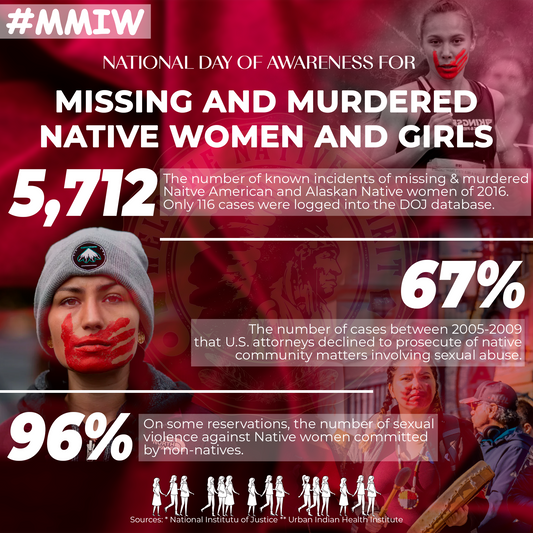


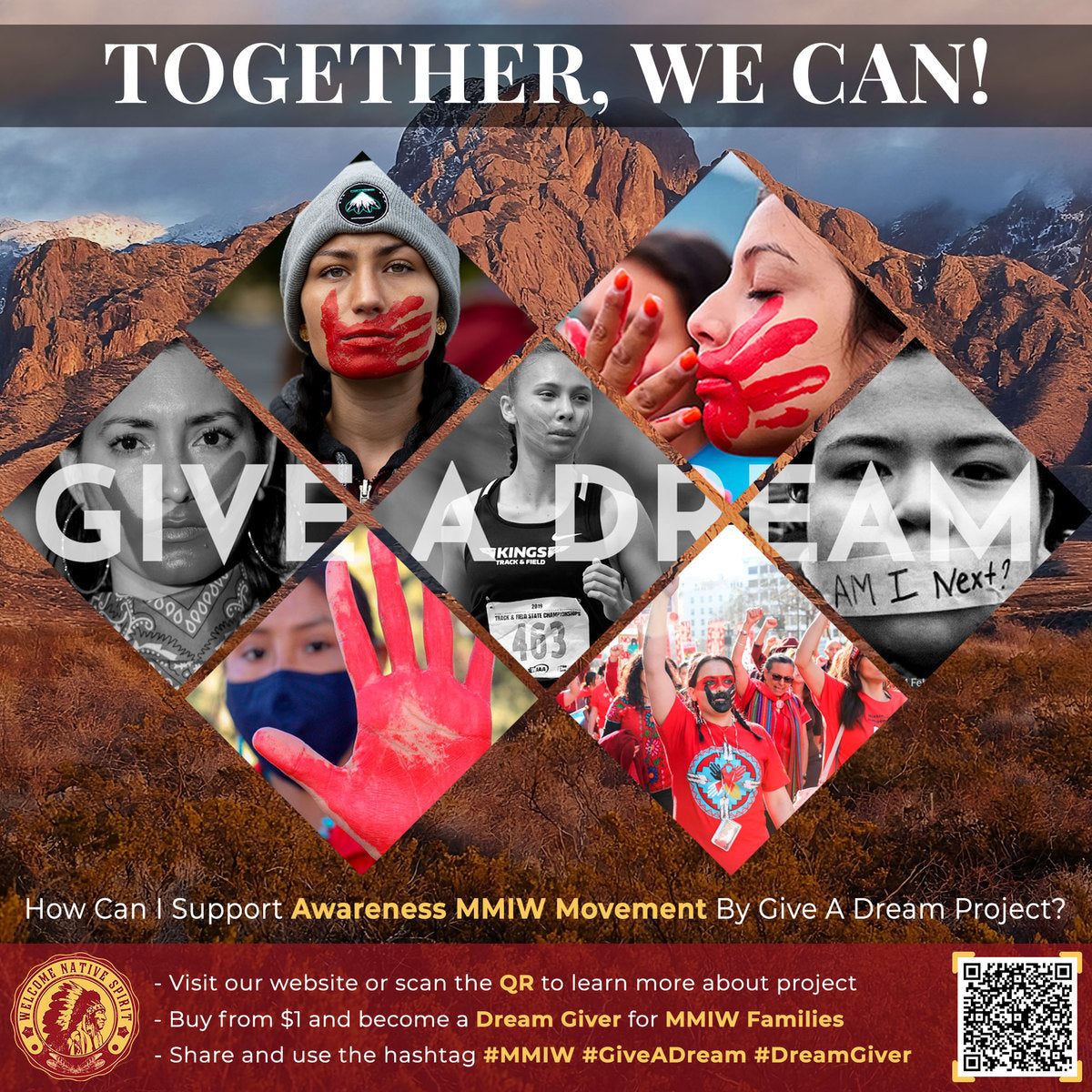

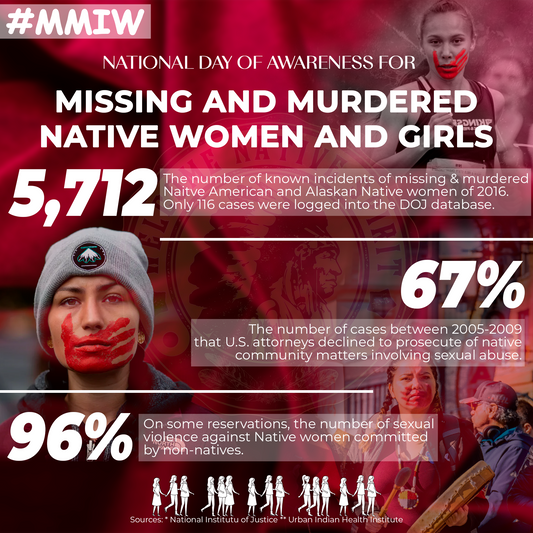
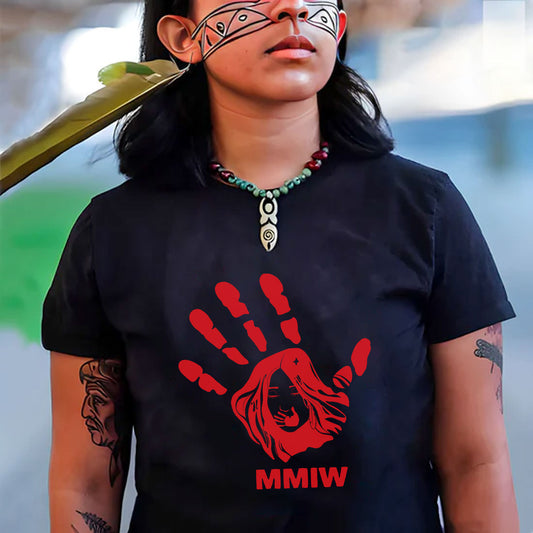
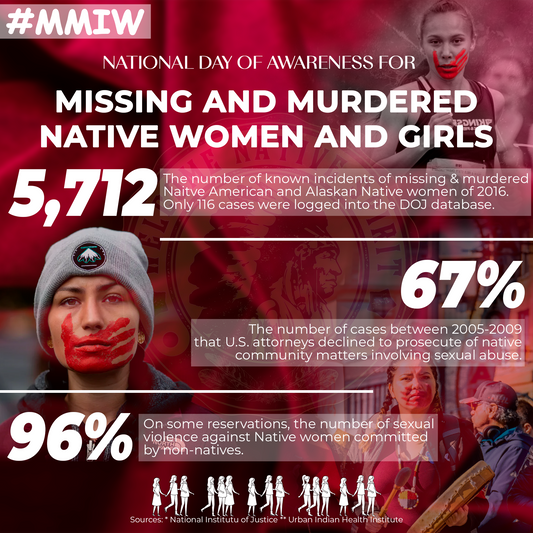




1 Comment
I thoroughly enjoyed reading this article. I would love to see more and more of this type of article. I Believes traditions and experiences that have been lost over time need to be shared again and again and again. Thank you so very much.